Lebanon eyes a tourism revival in hopes of boosting its struggling economy
4 min read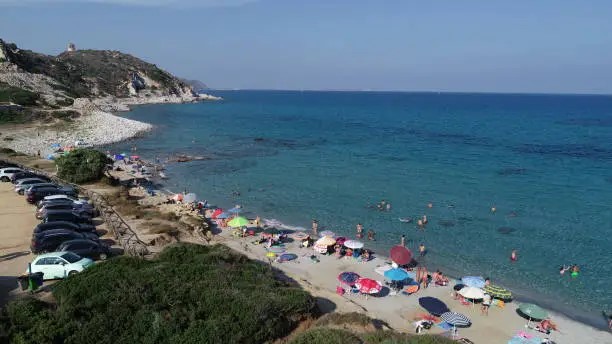
Lebanon sees tourism as key to economic recovery and restoring Gulf ties.
Lebanon eyes a tourism revival in hopes of boosting its struggling economy
Fireworks lit up the night sky above Beirut’s historic St. Georges Hotel as timeless hits from the 1960s and 70s echoed through a courtyard overlooking the Mediterranean. This retro-themed celebration, hosted by Lebanon’s Tourism Ministry, wasn’t just a throwback — it was a strategic effort to launch the country’s summer tourism campaign. Once known as the “Paris of the Middle East,” Lebanon enjoyed a golden era before its civil war began in 1975. Back then, Gulf tourists flocked to its beaches in summer, its snow-covered peaks in winter, and its vibrant nightlife throughout the year. While Lebanon regained some of that charm in the decade after the war ended, tensions with Gulf nations — fueled by the rising influence of Hezbollah — gradually strained tourism. Today, with the militant group weakened after last year’s conflict with Israel and a new political leadership in place, Lebanon is setting the stage for an economic reset led by a revitalized tourism industry.
Returning to a Golden Past
Lebanon’s tourism success once hinged on its reputation as a cosmopolitan and open society. From the 1950s through the early 70s, the country served as a luxury destination for Gulf elites seeking natural beauty and cultural refinement. That reputation suffered as civil conflict erupted and regional alliances shifted, but officials are now eager to rekindle that prestige. By reviving the flair of that golden age, Lebanon hopes to charm not only tourists but also potential investors.
A Diplomatic Rebranding
The tourism push comes with a broader political message. Billboards along the road to Beirut’s airport that once displayed Hezbollah leaders have been replaced with commercial ads and banners reading “a new era for Lebanon.” In central Beirut, authorities have been taking down political posters in favor of more welcoming imagery. Meanwhile, increased police and army patrols aim to boost the perception of safety for visitors. The move is part of a strategy to distance the state from militant factions and rebuild trust with Arab nations.
Gulf States Begin to Warm Up
Signs of progress are already visible. The United Arab Emirates and Kuwait have lifted longstanding travel bans on Lebanon. Now, all eyes are on Saudi Arabia — the region’s most powerful economic player — to see if it will follow. Officials say tourism’s success depends heavily on the return of Saudi travelers, whose absence in recent years has left a significant hole in Lebanon’s economy.

Hezbollah’s Decline Creates an Opening
One factor driving this shift is Hezbollah’s weakened standing after last year’s war with Israel. Lebanese officials believe that with the group’s diminished influence, it’s now possible to pursue the disarmament of non-state actors and repair diplomatic ties with Gulf countries. However, security remains a hurdle. Despite a ceasefire with Israel, near-daily airstrikes continue in Lebanon’s southern and eastern regions, where Hezbollah remains active.
Beyond Tourism: Rebuilding the Economy
While tourism is the current focus, Lebanon’s leadership knows it is only part of the solution. Before its financial collapse in 2019, tourism made up nearly 20% of the economy. But agriculture and industry also need revitalization. Saudi Arabia’s 2021 ban on Lebanese imports, citing drug smuggling tied to Hezbollah, crippled local production. Lebanese officials aim to restore those sectors, but they understand that mending ties through tourism must come first.
CHECK ALSO| Ghana ends support to western Sahara, backs Moroccan autonomy plan instead
An Economy in Crisis
Lebanon’s broader economic woes are dire. Poverty rates have nearly tripled over the past decade, with the World Bank reporting that close to half the country’s population of 6 million now lives in poverty. Hyperinflation, a 90% devaluation of the Lebanese pound, and the collapse of the banking system have wiped out savings for many families. These realities make tourism’s potential impact even more urgent.
Signs of a Promising Summer
Early indicators point to a strong summer season. Flights are booked, hotels are filling up, and coastal towns are bustling. In Batroun, a popular northern beach city, business owners are hopeful. “We expect this year for us to always be full,” said Jad Nasr, co-owner of a beach club. “All airlines are fully booked to Lebanon, there are no tickets left,” he added. This optimism suggests that, with careful planning and continued diplomacy, Lebanon might just reclaim its former status as a premier Middle Eastern destination.



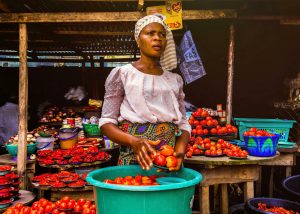
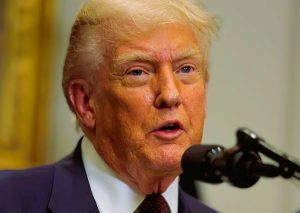
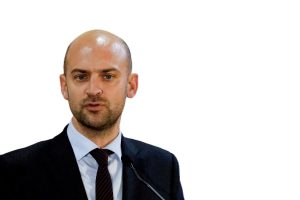
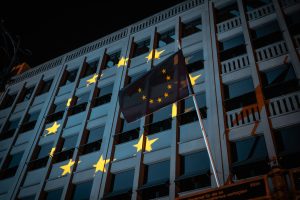
1 thought on “Lebanon eyes a tourism revival in hopes of boosting its struggling economy”